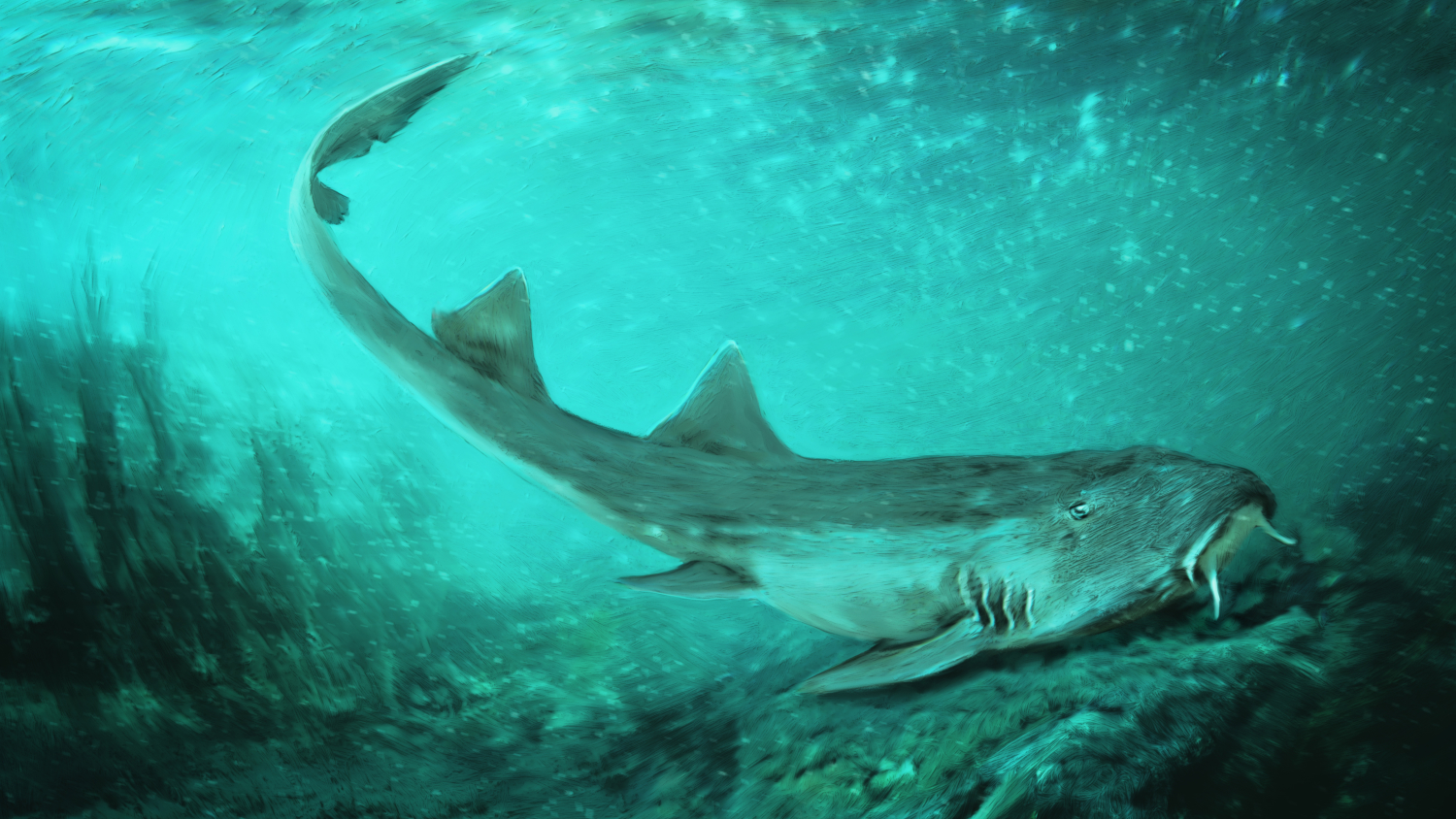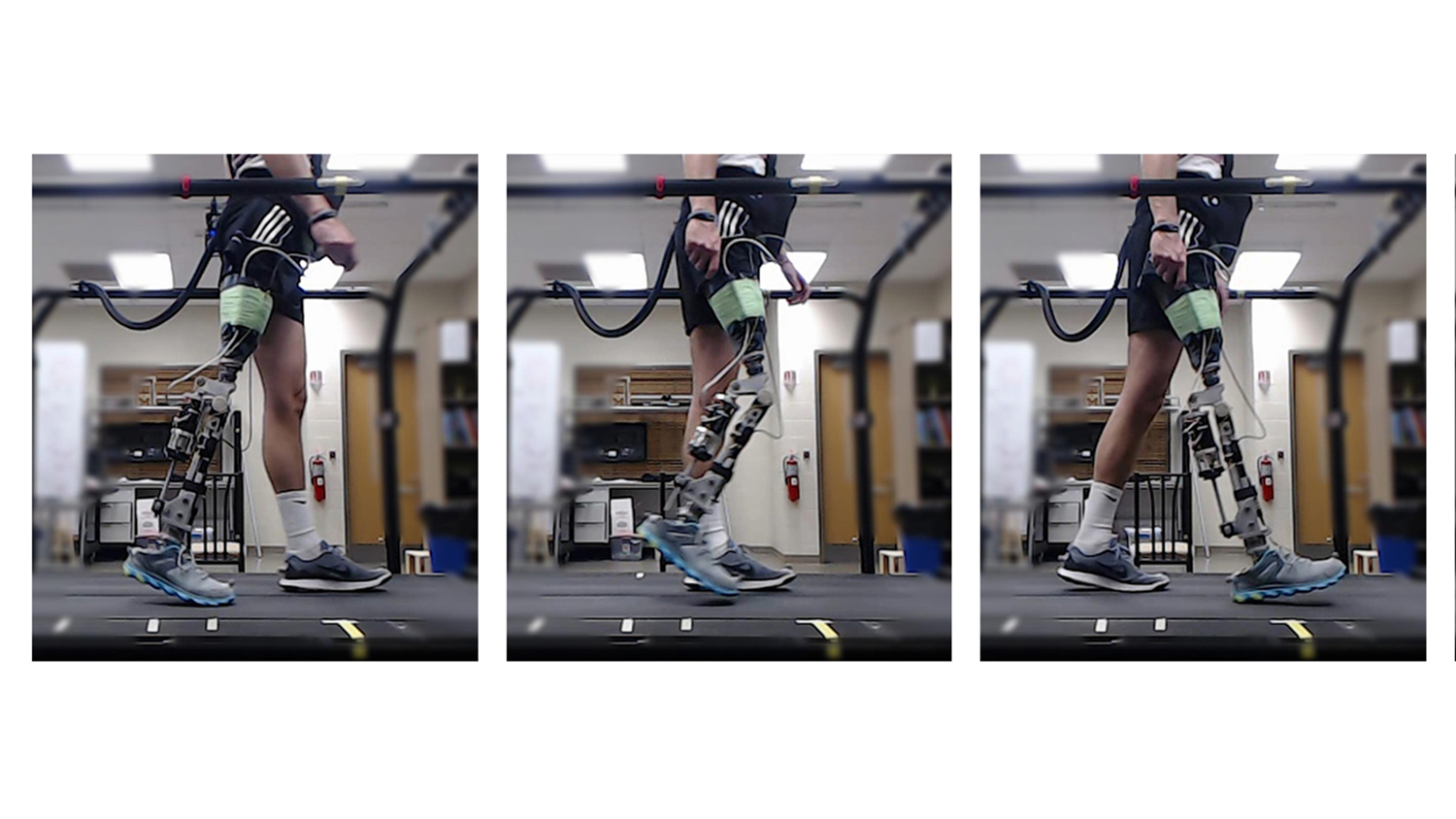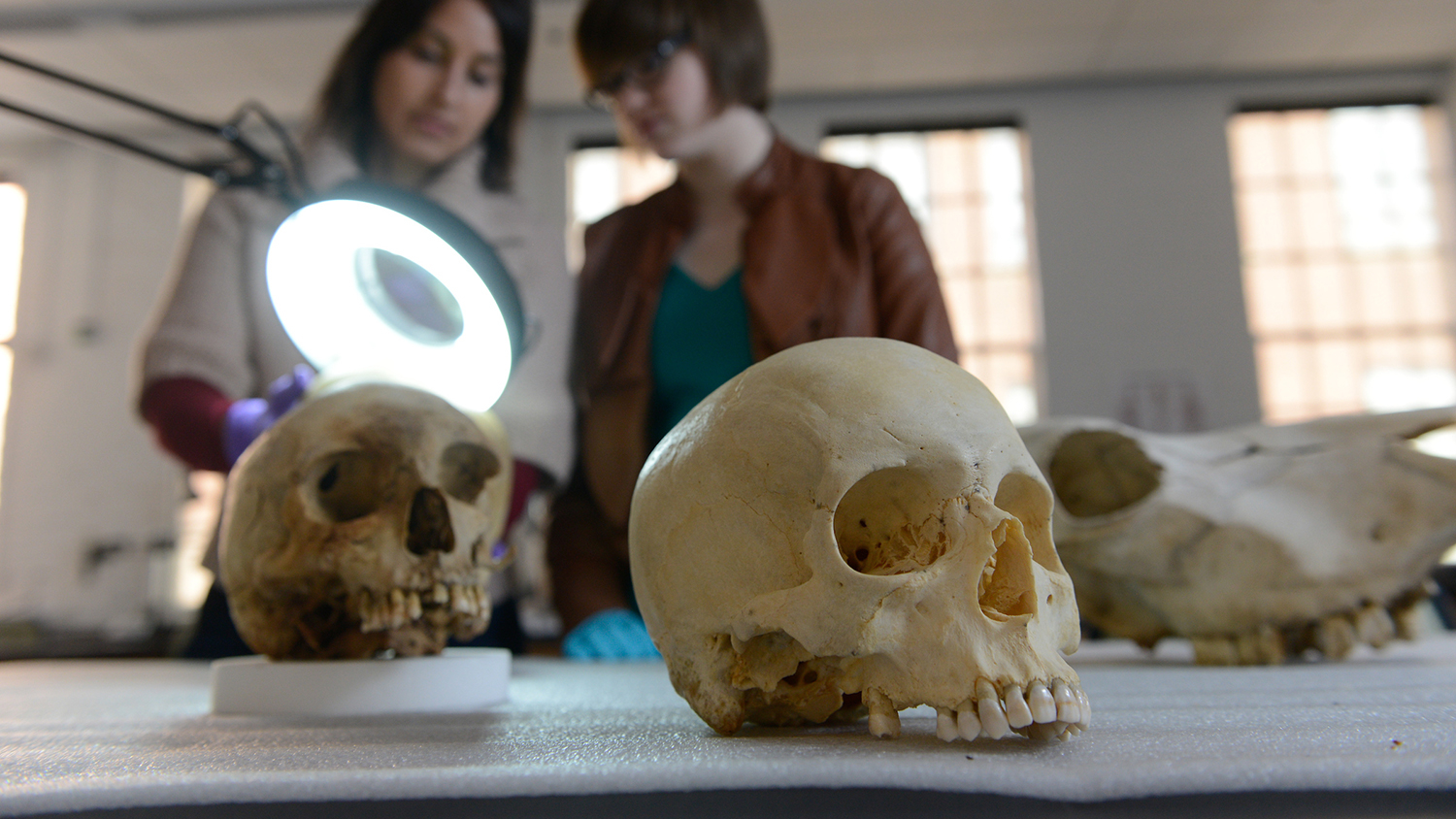Archive

Artificial Intelligence Can Identify Microscopic Marine Organisms
Molecular Analysis of Anchiornis Feather Gives Clues to Origin of Flight

Melissa Marshall’s “Powerful Presentations”

Researchers Create Algorithm to Predict PEDV Outbreaks

Graduate Student Kevin Singer Receives NASPA Research Award

Ancient Carpet Shark Discovered With ‘Spaceship-Shaped’ Teeth

Reinforcement Learning Expedites ‘Tuning’ of Robotic Prosthetics

Research Finds Serious Problems With Forensic Software

NC State Names Executive Director, Chief Scientist for IBM Q Hub
